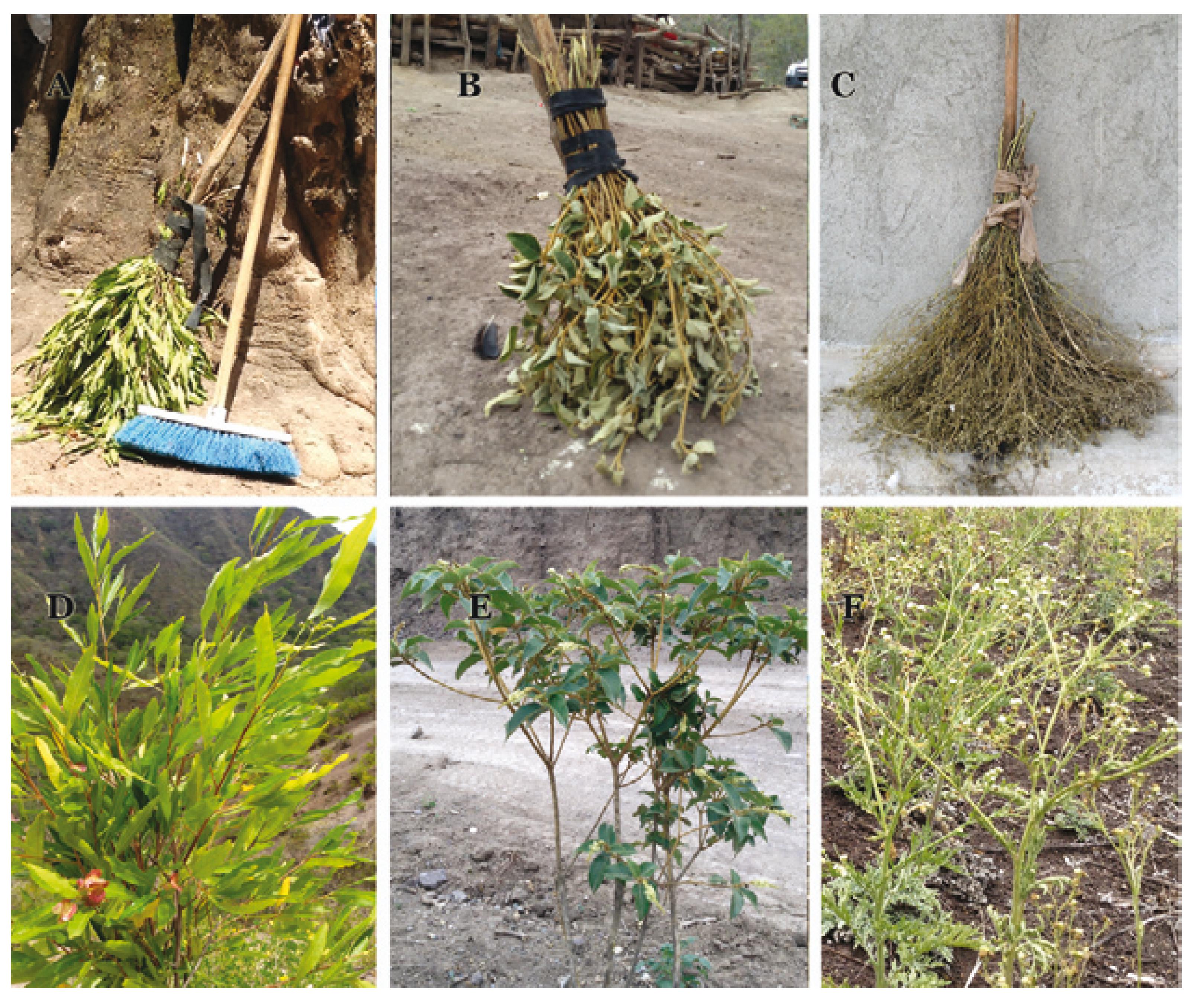Chagas disease is caused by Trypanosoma cruzi, which is mainly transmitted by the faeces of triatomine insects that find favourable environments in poorly constructed houses. Previous studies have documented persistent triatomine infestation in houses in the province of Loja in southern Ecuador despite repeated insecticide and educational interventions. We aim to develop a sustainable strategy for the interruption of Chagas disease transmission by promoting living environments that are designed to prevent colonisation of rural houses by triatomines. This study used positive deviance to inform the design of an anti-triatomine prototype house by identifying knowledge, attitudes and practices used by families that have remained triatomine-free (2010-2012). Positive deviants reported practices that included maintenance of structural elements of the house, fumigation of dwellings and animal shelters, sweeping with "insect repellent" plants and relocation of domestic animals away from the house, among others. Participants favoured construction materials that do not drastically differ from those currently used (adobe walls and tile roofs). They also expressed their belief in a clear connection between a clean house and health. The family's economic dynamics affect space use and must be considered in the prototype's design. Overall, the results indicate a positive climate for the introduction of housing improvements as a protective measure against Chagas disease in this region.
positive deviance; Ecuador; Chagas disease; housing



